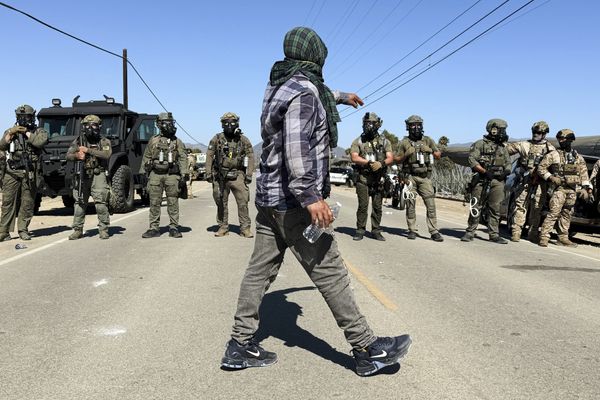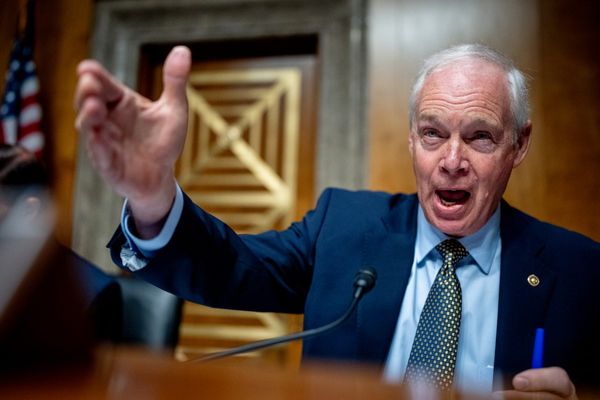
The North Lawn of the White House is buzzing as concerns over a potential escalation in the Middle East continue to rise. Over the past few months, the United States, under the leadership of President Biden, has been working tirelessly to prevent further tensions in the region. However, recent events have only added fuel to the fire, intensifying worries of a wider conflict.
One of the major contributing factors to this growing concern is the assassination of a Hamas leader outside Beirut. This incident, combined with a mysterious blast in Iran, has raised alarm bells among administration officials. Although senior officials suggest that the Iran explosion appears to be the work of ISIS rather than Israel, the exact nature of the incident remains unclear.
However, the greatest source of anxiety stems from the Red Sea, where Houthi rebels have been carrying out attacks on commercial and merchant vessels. These attacks pose a significant threat to both human lives and the global economy. As a result, President Biden, along with 11 other countries, released a joint statement strongly urging the Houthis to cease their attacks immediately. The statement also warned that the rebels would be held accountable for any further disruption to the free flow of commerce in the region's critical waterways.
While the U.S. has refrained from directly targeting the Houthi rebels in Yemen thus far, President Biden has tasked his team with seeking support from American allies in crafting a more forceful response. The administration is actively considering options, including preemptive action against the rebel group by neutralizing their drone and missile sites. In the meantime, efforts have been focused on beefing up security through a maritime coalition of countries and deploying U.S. warships in the Red Sea.
Tensions between the U.S. and the Houthis recently escalated when a U.S. helicopter engaged and eliminated several Houthi vessels, marking the first direct engagement. Officials have made it clear that this warning to the Houthis will be their last, signaling a potential shift towards a more decisive approach going forward.
As the situation continues to unfold, tensions in the region remain palpable. President Biden faces the weighty decision of determining the appropriate action to maintain stability and safeguard vital interests. The world eagerly awaits the outcome, as the consequences of any further escalation could have far-reaching implications for the Middle East and beyond.
In these uncertain times, one thing is abundantly clear - the need for diplomatic finesse, strategic thinking, and international cooperation has never been more paramount. The United States and its allies must work together to navigate the complex web of conflicts and tensions gripping the Middle East in order to secure lasting peace and stability for the region.







